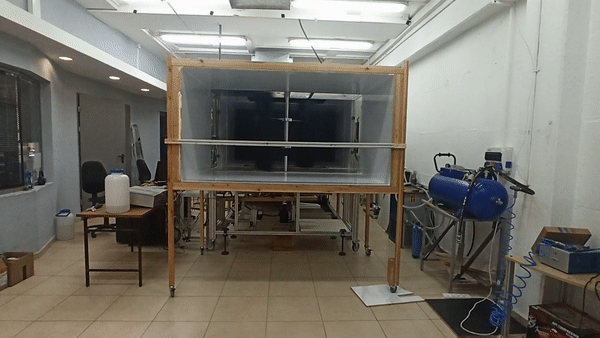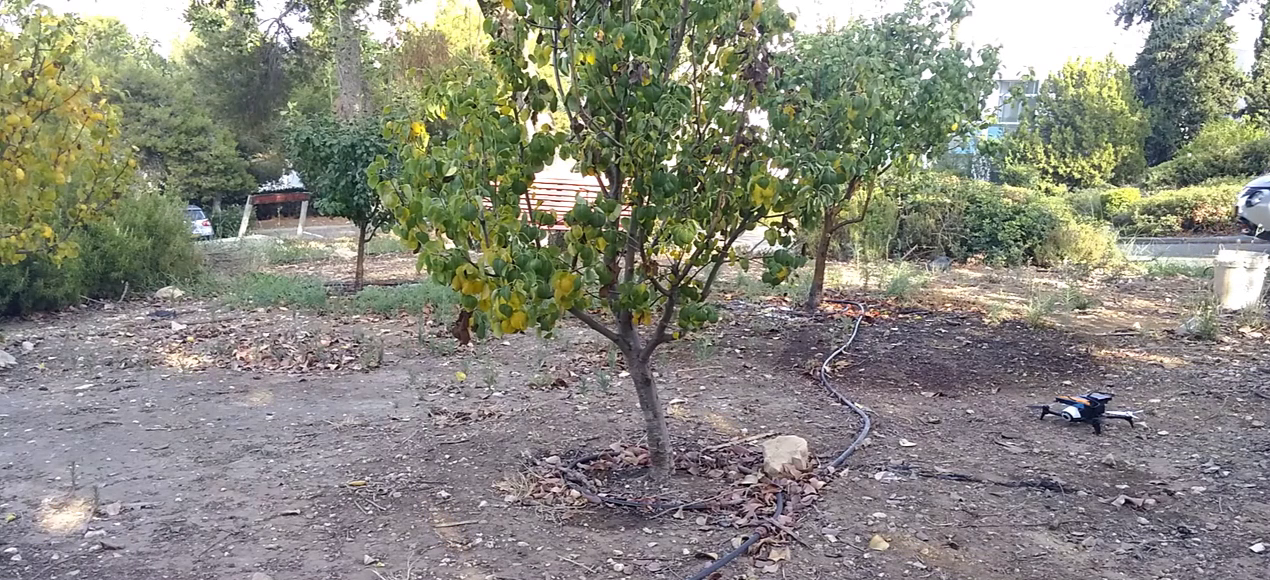Coronavirus Pushes Israel’s Innovative Spirit to New Levels
April 16, 2020The coronavirus pandemic has put the entire world in a gridlock. Like many other countries, Israel is near a complete lockdown, and most of the population is confined to their homes. However, the crisis-experienced nation known for its “outside-of-the-box-thinking” seems to have a couple of aces in the hole

With the mounting pressure on Israel’s health care system as well as the heavy strain the pandemic is putting on the economy, the country is rushing to deploy all of its resources in order to get the situation under control.
Recent news reports have repeatedly pointed out that if push comes to shove, Israel’s hospitals are not ready for this fight.
Experts have warned that if the outbreak is not contained quickly, Israel could face a similar scenario to the one that has been unfolding in Italy for the past month. These concerns stem from the fact that Israel’s health care system does not have the capacity to treat an onslaught of patients in serious condition.
So far, however, Israel has been dealing with the crisis better than most countries and has even been ranked first in COVID-19 health safety. At 0.35%, Israel also has the world’s lowest mortality rate in relation to the number of infections.
While nurses and doctors are preparing for the biggest wave of new patients yet, decision-makers are struggling to find a way to strengthen lockdown measures while keeping the economy alive.
At the same time, however, it seems that Israel is living up to its reputation as one of the world’s technology and innovation trailblazers.

Apps against Corona
Earlier in March, the Ministry of Health provided a virtual map that allows people to trace the movement of those who are known to be infected with COVID-19.
Simultaneously, the ministry launched the CoronApp, which provides users with important updates on the virus outbreak and information on self-quarantine. The app HaMagen, which lets you know if you had any close contact with a Coronavirus patient has also been provided by the Ministry of Health.
A similar app called TrackVirus, was developed by the Israeli Post, which keeps track of the movement of the user in order to notify them about potential contact with an infected individual.
Soon, the Ministry of Health plans to use a daily Coronavirus questionnaire in an effort to gain new insights into how the virus spreads and to identify areas that experience either an increase or decrease in symptoms. The questionnaire was developed by Diagnostic Robotic Ltd, an emergency room start-up founded by researchers from the Technion.
Another promising tool in the fight against Corona, which also has its origin at the Technion, is a breath test for corona. Developed by Professor Hossam Haick and his research team, this new test uses nanosensor technology and Artificial Intelligence (AI) to diagnose COVID-19 with the help of a breath sample. According to Haick, this method is “quick, non-invasive and not expensive.” Currently, the breath test is undergoing a clinical trial at a hospital in Israel and has already spawned encouraging results.
In addition, the researchers are looking into a new screening technique that uses the same nanotechnology and AI incorporated in a “tattoo-like sticker,” which would detect the virus via the skin. Haick emphasizes that the most important aspect of these two approaches is that the researchers are trying to detect and monitor the virus while it is still incubating. This means that a patient is already infected but still symptom-free, which has become one of the primary challenges regarding the spread of COVID-19.

From Isolation to Innovation
At the same time, the majority of Israeli’s are confined to their homes. Nearly one million people have lost their jobs, and more than 800,000 have filed for unemployment. Quarantine is taking its toll, but at the same time, it has given rise to an abundance of new ideas, fueled by the desire to overcome this crisis together.
Esther Hershcovich, a 32-year-old interior designer, has created an online platform called SAGE. The platform aims to harness the wisdom of knowledgeable senior citizens to teach the younger generation. The site brings together skilled retirees with individuals or groups who are willing to learn and offers courses in which the “SAGE” passes on his or her knowledge and experience from his or her line of work.
Initially, SAGE was designed to physically match people from the same neighborhood. However, do to the Corona crisis, Hershcovich had to remodel the idea, and now all courses are available online.
The site offers different categories like health, education, business, and art. The tutors or “SAGEs” are all 60 and above, which means not only do they have long-standing experience in their field, but they belong to the higher-risk population with respect to COVID-19.
Therefore, SAGE also aims to give the elderly, many of whom feel increasingly isolated during this time, a tool to reconnect with their community.
Perhaps the most creative way to overcome the monotony of isolation came from a group of employees of the Israeli transportation network company Via. Inspired by the unusual situation which requires them to work from home but keep up their daily communication, the Via workers use video conference platform Zoom to create a heartwarming music video experience.
The idea to make an “isolation version” of the Israeli classic Yamim shel sheket (Days of Silence) by the band Lola was supposed to help the team through this strange time while keeping their spirits up. The video generated 30,000 views in only three days and even prompted Idan Alterman and Avi Greinick, two members of the original band, to comment and share the video.
Although Israel has so far, done an outstanding job at keeping the infection rate comparatively low, testing kits have become scarce. No one can say for sure when things will start to go back to normal. These days, it is reassuring to know that there are many people out there who will not let this crisis get the best of them and continue to excel under the most challenging conditions imaginable in order to make other’s lives a little easier.
This ZAVIT article was also published in The Jewish Journal on 04/13/2020.







